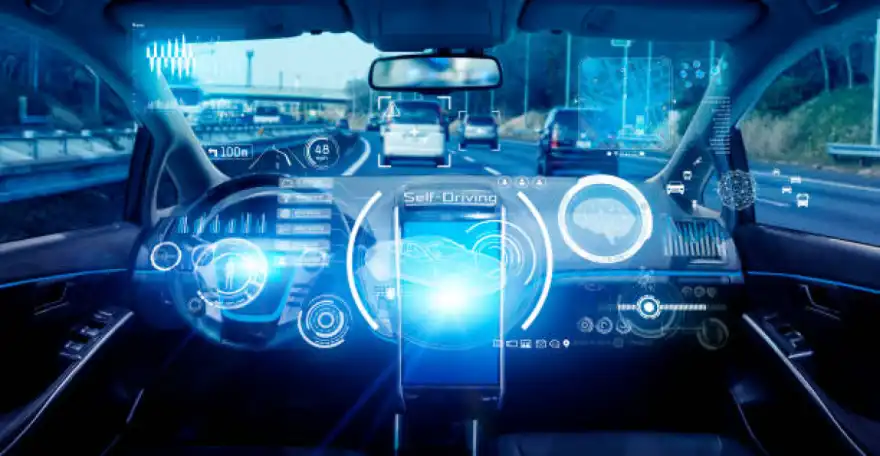
While self-driving cars have been a topic of interest for the automotive segment for some time, they’re continuing to ramp up in dominance.
Manufacturers such as Tesla, BMW and Mercedes are all in a position where their autonomous-driving technology is good to go in various driving situations – especially motorway use – but it’s being blocked from homologation by laws that don’t currently permit this level of ‘hands-off’ driving.
But on 7th November, it was announced as part of the King’s Speech to Parliament that there would be a new framework set up to govern how self-driving cars could be used on British roads.
Called the Automated Vehicles Bill, it was introduced to Parliament on 8th November, and aims to position the UK as one of the front-runners when it comes to self-driving cars taking to the roads.
But what is this bill, what does it say and how might it impact you as a driver, here we answer all the key questions.
What is the Automated Vehicles Bill?
The Automated Vehicles Bill aims to position the UK as one of the frontrunners when it comes to self-driving cars.
The government says it looks to ‘deliver one of the most comprehensive legal frameworks of its kind anywhere in the world for self-driving vehicles’.
It sets out a series of measures as to how self-driving cars might be able to work on British roads, especially in relation to collisions and where the blame would be targeted.
What are the key things that the Automated Vehicles Bill outlines?
This bill looks to put in place a ‘comprehensive legal framework’ for self-driving cars, with three main things being outlined.
- To put in place a safety threshold for self-driving cars to be used by law, while giving the government the things it needs to enforce standards and hold the companies that have developed the technology to account.
- Make it clear that the liability in the event of a self-driving car lies with the companies responsible for setting how these vehicles behave on the road and protect those using them from being unfairly held accountable.
- Ensure only vehicles that meet the strict self-driving standards can be sold.
As part of this framework, every permitted autonomous car will have an ‘Authorised Self-Driving Entity’, which is usually the manufacturer, which is responsible for the vehicle when it is driving unassisted. Firms will also have an ‘ongoing obligation’ to ensure the vehicles remain safe.
Why is this framework being put in place?
There are two main reasons why the government is pushing this Automated Vehicles Bill through – safety and financial opportunities.
The government says that 88 per cent of road collisions have human error as a contributory factor, and that self-driving cars, once rigorously tested, can help reduce the number of collisions on the roads. Other potential benefits include making travel more accessible and reducing the level of congestion.
The government also believes that the UK becoming a leader in self-driving cars and the surrounding technology could bring a big economic advantage, and says that it ‘could create up to 38,000 jobs’.
How will the Automated Vehicles Bill impact me as a driver?
If every car on the road was self-driving, it could make driving safer. But it’s when these vehicles share the roads with human drivers and other vulnerable road users that challengers are created.
While there are clear advantages to self-driving cars, especially for motorway driving, a large number of people would still be unable to put their trust in them. This push of autonomous cars won’t restrict you and how use your car, it largely looks to set out that the companies behind the technology are what would be at fault, rather than the ‘user’ who may or may not be sat behind the wheel.




